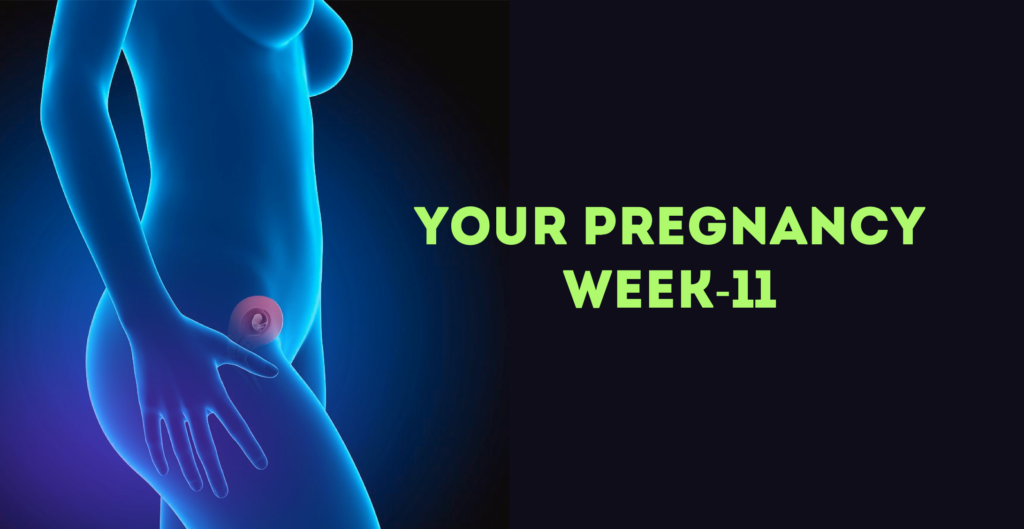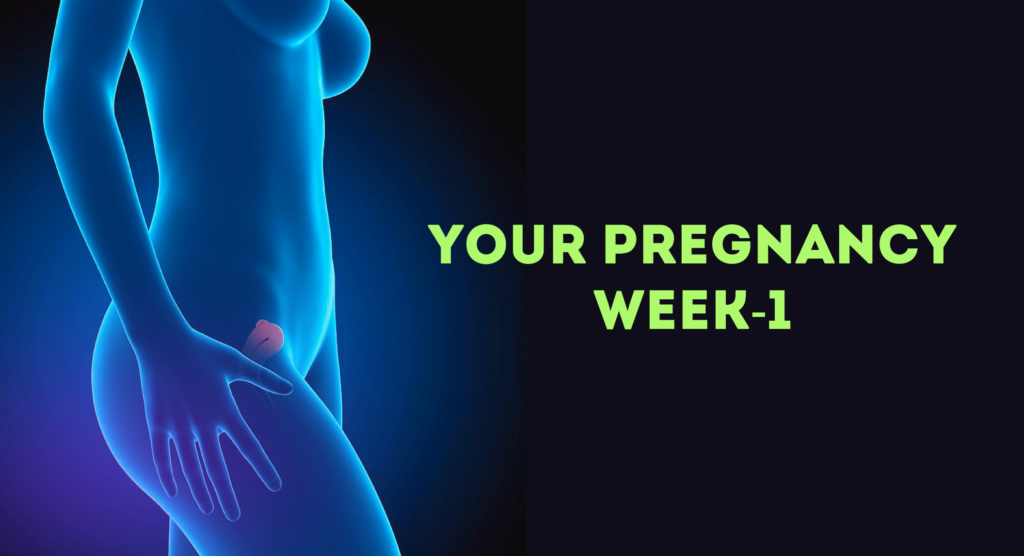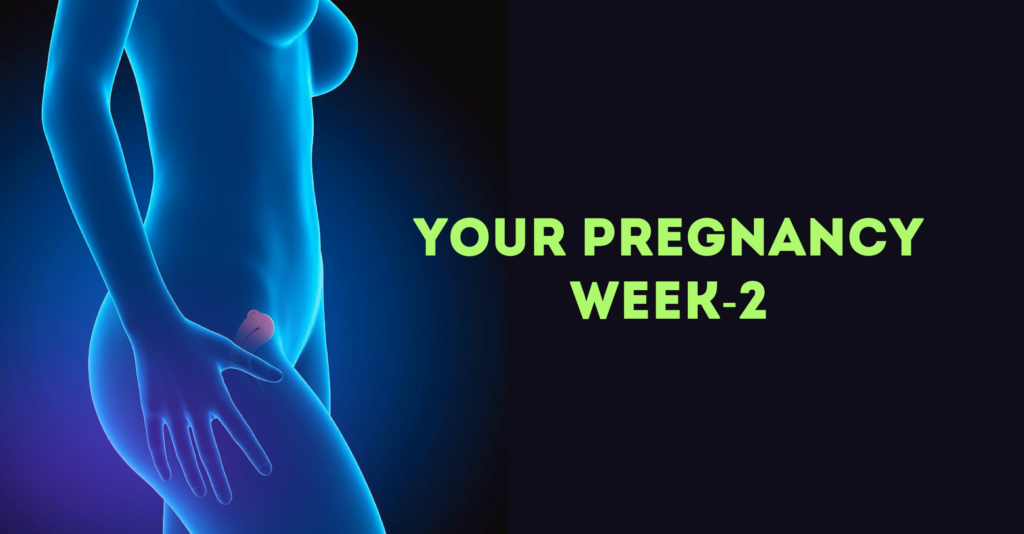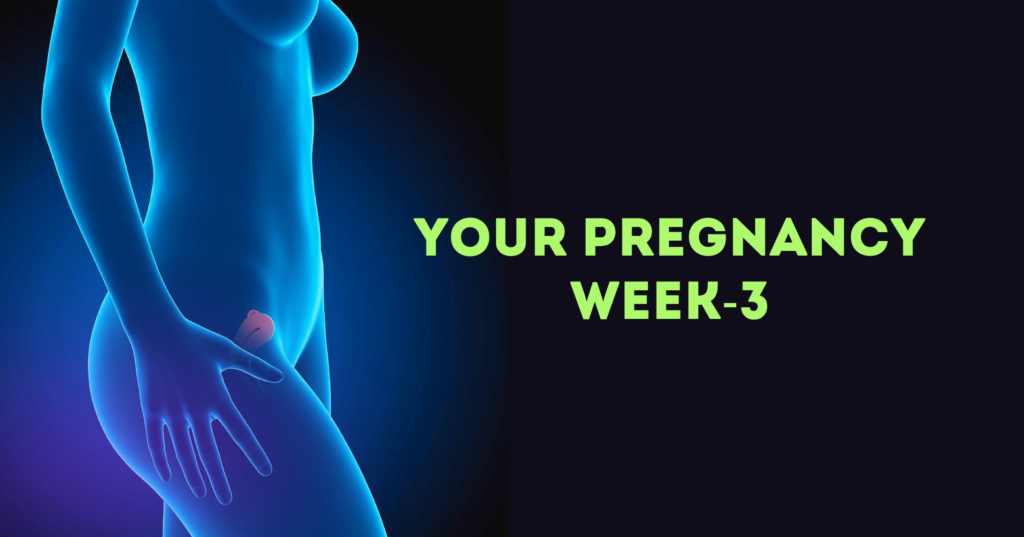Key Takeaways at 11 Weeks Pregnant
- Baby’s Size: By 11 weeks, your baby is about the size of a lime, measuring around 1.6 inches (4 cm) in length.
- Rapid Development: Your baby’s vital organs are fully formed, and they are starting to function. The bones are beginning to harden, and the baby’s face is developing distinctly.
- Pregnancy Symptoms: You may still experience symptoms like morning sickness, but they might start to ease as you near the end of the first trimester.
- Hormonal Shifts: Hormones are stabilizing, potentially leading to mood swings or emotional changes.
Pregnancy Symptoms During Week 11 and How to Manage
At 11 weeks pregnant, some symptoms might still persist, while others may begin to fade. Here are common symptoms and how to handle them:
- Nausea and Morning Sickness: While morning sickness usually peaks around week 9 or 10, it might still be present. Eating small, frequent meals and keeping crackers nearby can help ease nausea.
- Bloating and Gas: The surge in pregnancy hormones can slow down your digestion, leading to bloating. Drinking plenty of water and incorporating fiber-rich foods can help manage this discomfort.
- Mood Swings: Hormonal changes can trigger mood swings or irritability. Practice self-care techniques like meditation or light exercise to help lift your mood.
- Fatigue: Feeling tired is still common. Prioritize rest, get at least 7-8 hours of sleep each night, and consider naps during the day if possible.
11 Weeks Pregnant is How Many Months?
At 11 weeks, you are in your third month of pregnancy, or the end of the first trimester. Most doctors calculate pregnancy in weeks, but knowing you’re in your third month can help you visualize how far along you are.
Baby Development at 11 Weeks
Your baby is growing and developing rapidly this week, with some exciting milestones taking place:
- Facial Features: The face is becoming more distinct, with tiny ears moving closer to their final positions, and the head making up nearly half of the baby’s length.
- Baby’s Size: By 11 weeks, your baby is about the size of a lime, measuring around 1.6 inches (4 cm) in length and weighing approximately 1.59 ounces.
- Bone Development: The bones are starting to harden, especially in the hands and feet. Your baby’s little fingers and toes are separating from being webbed.
- Fingers and toes: Your baby’s tiny fingers and toes have lost their webbing and are distinct – and longer.
- Organs: As you reach the end of the first trimester, all your baby’s vital organs are in place, and many have already started to function. The liver is making red blood cells, kidneys are making urine, and the pancreas starts making insulin. The four chambers of your baby’s heart are fully formed, and your baby’s heart is beating.
- Genitals: By the end of this week, your baby’s genitals will start developing. The external sex organs – the penis and scrotum in boys, the clitoris and labia in girls – don’t start to differ from each other until about 11 weeks. And even then, it takes several more weeks to be able to easily see the difference between boys and girls on an ultrasound.
Your Pregnant Belly at 11 Weeks
At 11 weeks pregnant, your belly may start to show a small bump as your uterus is expanding to accommodate your growing baby. However, every pregnancy is different, and many women might not show significant changes yet. The size of the belly can also depend on factors like body type, number of previous pregnancies, and individual differences in how the body adjusts to pregnancy. If you’re not showing yet, don’t worry—it’s common not to have a noticeable bump at this stage!
Pregnancy Checklist at 11 Weeks Pregnant
- Schedule Your First Ultrasound: If you haven’t had an ultrasound yet, this is the perfect time to schedule one. You’ll get to see your baby moving and hear the heartbeat.
- Stay Active: Engage in light exercises like walking or prenatal yoga to boost your mood and energy levels.
- Eat Nutrient-Rich Foods: Focus on foods high in folic acid, iron, and protein to support your baby’s rapid growth.
- Hydration: Make sure to drink plenty of water to prevent dehydration and manage any pregnancy-related symptoms.
To-Do’s for Dad
- Attend Doctor Appointments: Go with your partner to prenatal visits to support her and to stay informed about the baby’s development.
- Help With Nausea: Prepare meals that are easy on her stomach and offer assistance if she’s feeling unwell.
- Plan Together: Start discussing birth plans, baby names, and what kind of nursery you want to create.
Frequently Asked Questions
- What changes can I expect in my body at 11 weeks pregnant?
- At 11 weeks, you might notice a slight baby bump, less morning sickness, and increased energy levels as you near the second trimester.
- Can I feel my baby move at 11 weeks?
- It’s unlikely to feel movement at this stage, but your baby is very active. Most women start feeling kicks between 18 to 22 weeks.
- Is it normal to experience cramping at 11 weeks?
- Mild cramping can be normal as your uterus expands, but if you experience severe pain or bleeding, contact your healthcare provider.
- What should I avoid during this week of pregnancy?
- Avoid foods high in mercury, unpasteurized dairy, and raw or undercooked meats. Limit caffeine intake and avoid smoking or alcohol.
By following these guidelines, you can support a healthy pregnancy and ensure your baby continues to grow and thrive.



